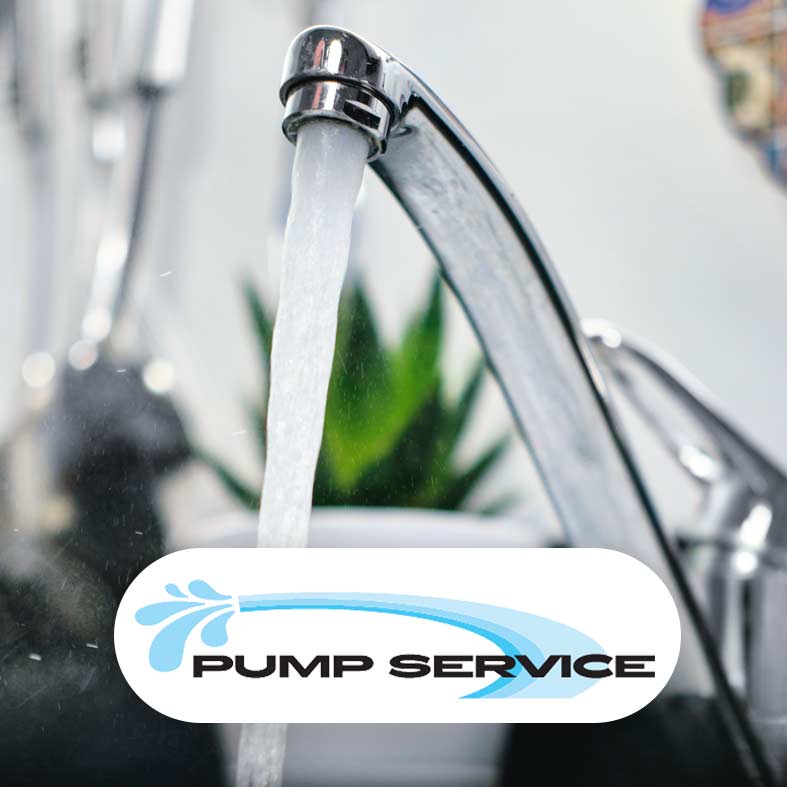
23 Jun Exploring Potential Parasitic Contaminants in Your Well Water
As a home owner with a well water system, you certainly want to be sure your water is clean and safe to drink. With the many different things that can contaminate your water, it is important to know more about those contaminants and how you can keep your water clear from them. One of the types of contaminants that you may face with your water is parasites. Here is a closer look at some of the parasites that you may have to address within your well water system.
Giardia Intestinalis
Giardia cysts can spread very easily, particularly among children. This is partially because they can live in water for several months. Once a person is infected by giardia intestinalis, the protozoa attaches itself to the wall of the small intestine at the stomach outlet. The infection can lead to gastrointestinal illness. A gastrointestinal illness may be characterized by dehydration, fever, nausea, loss of appetite, weight loss and mucus or blood in the stool.
Cryptosprodium
The cryptosprodium parasite can contaminate your water by passing through sewage or animal waste. The parasite can survive for a very long time without a host. In addition, it is particularly dangerous to those with a compromised immune system. For those without a compromised immune system, symptoms of infection include nausea, dehydration, vomiting, fever, weight loss and stomach cramps or pain. These symptoms usually last one to two weeks.
Toxoplasma Gondii
One of the most common parasitic infections, toxoplasma gondii is believed to infect up to one-third of the population around the world. When exposed to toxoplasma gondii, the person may develop an infection known as toxoplasmosis. Toxoplasmosis is a serious and sometimes fatal disease. Unfortunately, toxoplasma gondii is spread in a number of ways, including through undercooked meat, contaminated dirt, fruits and vegetables and cat litter.

Sorry, the comment form is closed at this time.